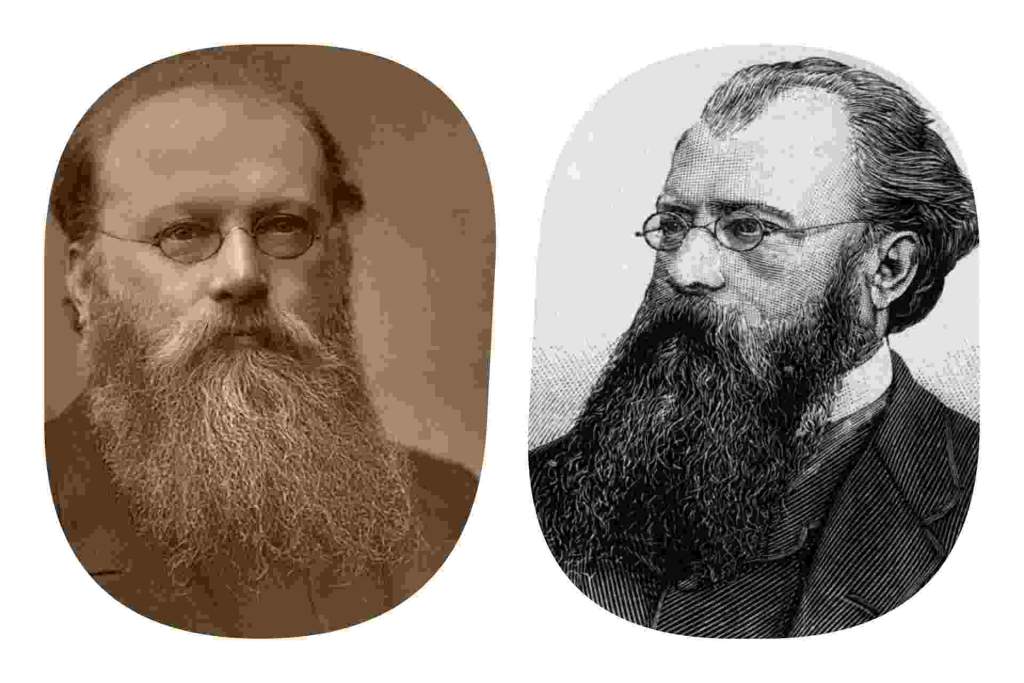Celebrated conductor, born on April 4, 1843, in Raab, Hungary. Hans Richter was the son of the cathedral chapel master. His mother was a soprano who taught singing in Vienna in 1853. After his father died in 1853, he entered the Vienna Court Chapel choir, and about 17 years later, he became a pupil of Sechter in composition, Hellmesberger in piano, and Kleinecke in horn at the Conservatory, where he studied for five years.
For some time, he played the horn in the Karntnerthor Theatre orchestra, and in 1866, he was associated with Wagner in Lucerne. Through Wagner’s recommendation, he became chorusmaster of the Court and National Theatre Munich in 1868 and conducted under von Bulow for some months. During the year 1871, he became conductor of the National Theatre at Pesth, where he remained until 1875, when he gave an orchestral concert in Vienna.
This created such marked interest that he secured the conductorship of the Court Opera as well as the Philharmonic concerts. Meanwhile, he conducted the Bayreuth rehearsals of the Nibelungen Ring, and in 1876, he conducted the performances at that place. The next year brought out Wagner’s Valkyrie in Vienna, and in 1878, the entire Ring was performed in that city. He received immediately after these performances the post of second conductor of the Court Chapel, and five years later that of first chapel master.
He conducts the Bayreuth Festivals and, since 1879, has conducted a series of prominent concerts in London known by his name. In 1885, he became conductor of the Birmingham Festivals and received the honorary degree of Doctor of Music from Oxford University. In addition, he has organized several festivals in the Lower Rhine district of Germany. Richter possesses a remarkable memory, often directing rehearsals and performances of the greatest orchestral works without a score.
Hans Richter’s knowledge of the various instruments means he can teach any player in the orchestra. This enables him to understand the possibilities and limitations of performance as few conductors do. He is also known as a broad-minded and generous patron of less-noted but worthy composers of the younger generation.
Firm without being aggressive or dictatorial; conscientious, liberal, and sympathetic toward his men, Hans Richter’s character, no less than his ability, has determined the measure of his success and won universal honor and respect. Instead of being mercurial or dynamic, Richter’s conductor approach was monumental. Instead of emphasizing individual splendors or passions within major works, he highlighted their overall structure.
A weak player never felt secure in his hands due to his practical knowledge. As a conductor, he usually performed orchestral concerts and operas from memory. In 1911, he was forced to retire due to failing eyesight. Hans Ritcher died on December 5, 1916, in Bayreuth, at 73.
Read More: Edward Phelps Barnum Biography (1831-1902)
